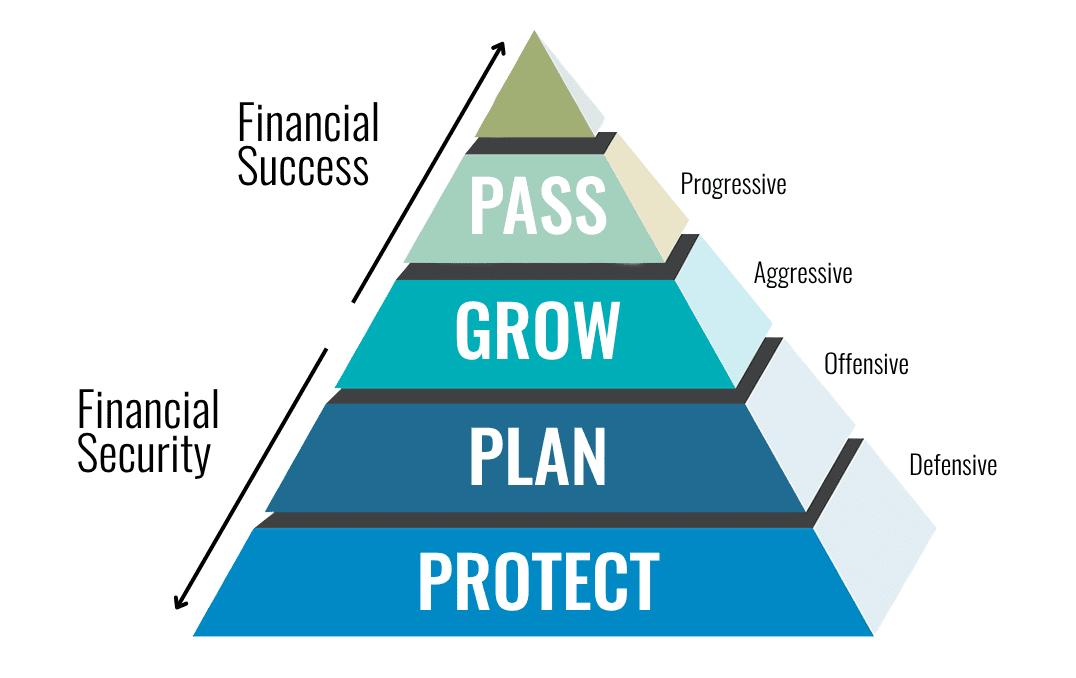As we approach the end of the year, it’s the perfect time to conduct a thorough checkup of your finances. Taking a moment to assess your financial health and make necessary adjustments can set the stage for a prosperous New Year. Let’s delve into the key areas you should focus on during this year-end financial checkup.
1. Review Your Budget:
Start by revisiting your budget to ensure it aligns with your current financial goals and priorities. Evaluate your spending habits throughout the year and identify areas where adjustments may be needed. Consider any major life changes or upcoming expenses that could impact your budget in the coming year.
2. Assess Your Savings Goals:
Check on the progress of your savings goals. Are you on track to meet your short-term and long-term objectives? If not, explore opportunities to boost your savings, whether through increased contributions or identifying new saving strategies.
3. Retirement Savings:
Review your retirement accounts to confirm that your contributions are in line with your retirement goals. Take advantage of any employer match opportunities and consider maximizing your contributions to benefit from potential tax advantages.
4. Evaluate Investments:
Assess the performance of your investments over the past year. Ensure that your portfolio aligns with your risk tolerance and financial objectives. If needed, rebalance your investments to maintain a diversified and well-aligned portfolio.
5. Tax Planning:
With the tax year coming to a close, now is the time to evaluate your tax situation. Consider making any last-minute contributions to tax-advantaged accounts and explore potential deductions or credits. Consult with a tax professional to optimize your tax strategy.
6. Debt Management:
Examine your outstanding debts and create a plan for paying them down. Prioritize high-interest debts and explore strategies to accelerate your debt repayment. A solid plan for managing debt can significantly impact your financial well-being in the long run.
7. Insurance Coverage:
Review your insurance policies to ensure they adequately cover your current needs. Assess changes in your life, such as marriage, birth, or major purchases, that may necessitate adjustments to your coverage.
8. Emergency Fund:
Verify the status of your emergency fund. Financial experts recommend having three to six months’ worth of living expenses saved. If your emergency fund falls short, consider allocating resources to strengthen this financial safety net.
9. Financial Goals for the New Year:
Outline your financial goals for the upcoming year. Whether it’s saving for a home, starting a business, or furthering your education, having clear objectives provides direction for your financial journey.
10. Seek Professional Guidance:
Consider consulting with a financial professional to gain personalized insights into your financial situation. They can offer tailored advice and help you make informed decisions based on your unique circumstances.
By dedicating time to a year-end financial checkup, you’re taking proactive steps to ensure a solid financial foundation for the upcoming year. Make informed decisions, adjust your strategies as needed, and set the stage for a prosperous and financially secure New Year. Remember, small changes today can lead to significant financial rewards tomorrow.





